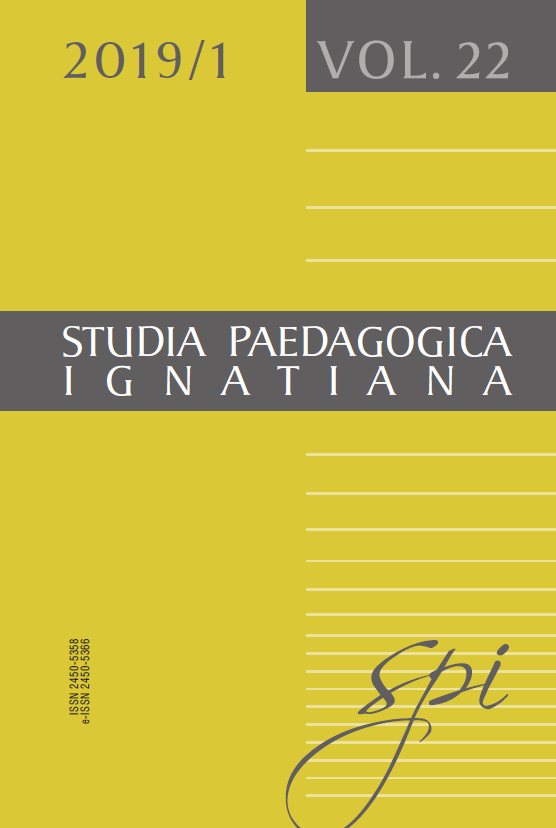Biurokratyzacja i ideologizacja w polskiej szkole – wyniki badań własnych
Bureaucratization and Ideologization in Polish
Schools – the Results of Author’s Own Research
Author(s): Bogdan StańkowskiSubject(s): School education, Sociology of Education
Published by: Uniwersytet Ignatianum w Krakowie
Keywords: bureaucratization at school; school ideologization; education in Poland; empirical research
Summary/Abstract: The issues raised in the article revolve around the environment, current trends and problems in education that shape the reality of the Polish school. Based on the available literature, the author tries to present the problems of bureaucratization and ideologization in Polish schools. In the article, the author formulated two theses, with the first being as follows: Education in Polish schools at the basic level carries the hallmarks of ideologization. Second thesis: The excessive formalization and bureaucratization of the school paralyzes the healthy dynamics of education inherent in the school community of students and teachers. This article is of a research character with the semi-structured intelligence technique used in the qualitative research. The study involved an in-depth interview questionnaire with eight teachers from elementary school, level 4-6, from the province of Silesia. The purpose of the research was to explore the phenomena of bureaucratization and ideologization at school. The most important conclusions were the following: (a) paradoxically, bureaucratization at school can bring positive effects in the situation when the management and teachers deal with the claims of parents; (b) the practical over-emphasizing of legal provisions and bureaucratic solutions at the expense of common sense and the principles of unwritten good manners may intensify the attitude of withdrawal and resignation from upbringing in teachers; (c) there is a strong ideological pressure on schools because the real possibilities of the school are not taken into account, but only blind obedience to propaganda and an ideology that promotes the idea of tolerance as a superior value; (d) according to the respondents, the content contained in the textbooks addresses the real problems of children (acceptance of the disabled, tolerance towards people with a different culture); (e) respondents do not see any open contradictions between the achievements of particular sciences, e.g. psychology or pedagogy, and the content promoted in textbooks; (f) an important place in the school’s life from the point of view of multiculturalism is occupied by activities and habits that are proof that the institution is sensitive to the affairs of students of other faiths and cultures.
Journal: Studia Paedagogica Ignatiana
- Issue Year: 22/2019
- Issue No: 1
- Page Range: 101-125
- Page Count: 25
- Language: Polish

